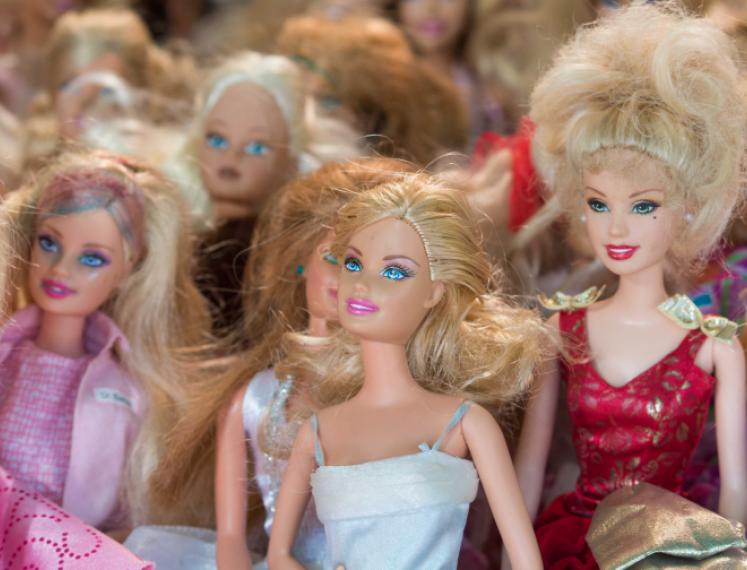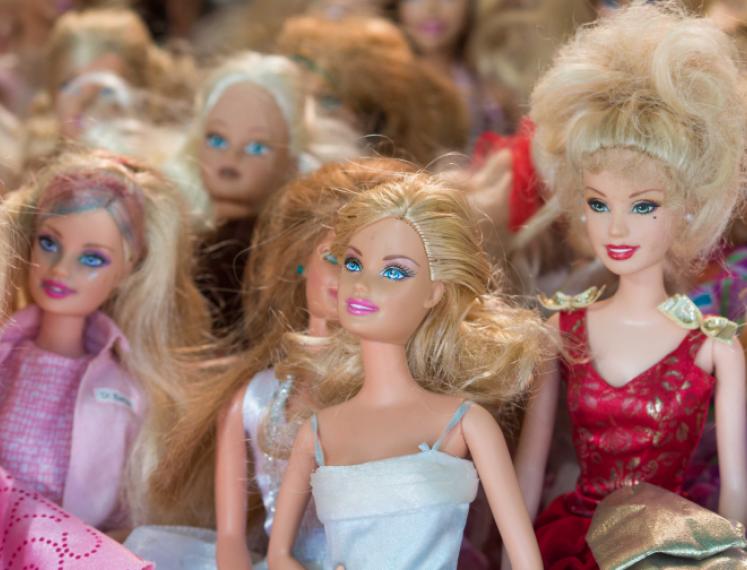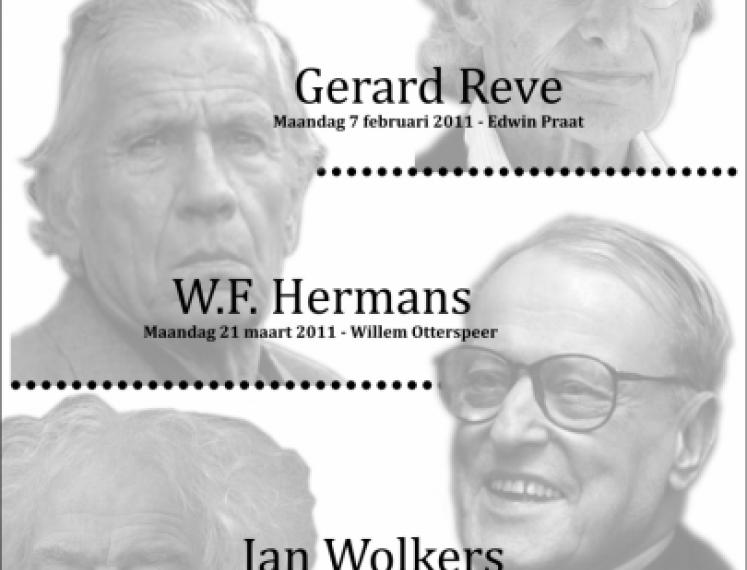Academy Building
Broerstraat 5
Groningen
Netherlands
Beauty and Inequality
Over the past 150 years, physical beauty has become increasingly important. Where once especially young upper class women were concerned with their appearance, nowadays a multitude of people from all kinds of social strata invest more and more money, time and effort in their appearance. Beauty has become a symbol for self-actualisation: one of the most important markers of personal success. According to sociologist Giselinde Kuipers, our drive for beauty has sparked a multi-million dollar business, and with it, increasing inequality. Those who aren't bestowed with an appearance that meets society's standards and who have no money for botox, expensive clothes or a nose job will only see the gap between rich and poor widen. Why is it so important to be beautiful? And what are the consequences of this expanding beauty regime?
Giselinde Kuipers is professor of Sociology at KU Leuven. Before her appointment at KU Leuven, Kuipers held the position of professor of Cultural Sociology at the University of Amsterdam. She is a cultural and comparative sociologist who studies the social shaping of cultural standards in today’s increasingly globalized fields and societies. For instance: what do people find beautiful or ugly, humorous or unamusing, morally right or unacceptable? Such standards are socially learnt: they vary strongly from one society or social group to another. At the same time, such standards are often deeply felt. Therefore, such standards have important social consequences, for instance for social inequality, identity, cohesion or conflict.
This lecture was planned on November 16 2022. We had to cancel it, but luckily we found a new date. Did you buy (a) ticket(s) for this programme before? You'll receive an e-mail.



